By Calvin Kumala and Robyn Stewart
The current economic system in Indonesia has been affected by forces such as capitalism and neo-liberalism which has caused many economic problems which has also been aggravated by climate change. There have been many false solutions offered by the private sector which have been accepted by the government to solve their socio-economic problems. During this period of global crisis, a number of people-centred initiatives have also been proposed. Thus, this break-out session surrounding private capital, green grabbing and people’s solutions brought together various stakeholders and organisation representatives to voice their ideas about potential solutions.
Dominikus Uyub from the Association of Indigenous People Indonesia (AMAN) Kapuas Hulu-Kalbar identified three key elements regarding the relationship between indigenous people and land rights and crucial challenges. Land grabbing affects indigenous communities, with companies giving false promises to indigenous people, such as jobs, schools, and public amenities. In addition, land is perceived as sacred and spiritual- the relationship between people and their land is intrinsically spiritual . Hence, as Dominikus explained it is necessary to promote better informed knowledge and understanding surrounding Indigenous People sustainable use of their land –as there is a disconnect between knowledge systems.
Eventually, false accusations are made against Indigenous People about the treatment of their land, in particular regarding forest fires. These accusations also affect neighbouring countries.
Dominikus’ presentation also highlighted the importance of promoting regulation and acknowledgement of the protection of indigenous people rights.
In understanding the pertinence of these issues for in Indonesian society, it is necessary to consider the role of the government, as described by Lakshmi Safitri, lecturer from Gadjah Mada University in Indonesia. In fact, the government plays a key role in enabling the private sector exploit the plight of the marginalised to the extent that we are currently experiencing. Bluntly, Lakshmi stated that the government actively lets exploitative companies in to invade the land. She addressed the fact that despite this negative light shed on the government, it is ultimately up to them to enable the growth of an Indigenous Peoples movement, thus fixing the social and political instability and rising inequality in Indonesia.
Palm oil is a contentious issue in Indonesia given that it is one of the most important exports but also creates such huge social and political problems. Yuyun Harmono, a climate justice campaigner from the Indonesian Forum for Environment (WALHI) explained that whilst there has been a global movement towards the use of biofuel, deemed as being a sustainable option, he explained the damaging impacts of this industry on local lands and people. Particularly in Indonesia where palm oil is the main export, generating a huge proportion of GDP for the country. He pointed fingers at the companies Sinar Mas and Wilmar as being the most responsible for the harmful production of palm oil and the subsequent land grabbing and destruction of land forests occurring through these processes. He concluded by saying that biofuel will not fulfill the government’s promise of reducing carbon emission and might actually make it worse, especially for the people feeling the real brunt of the problem.
Susan Herawati, the Secretary General of The People’s Coalition for Fisheries Justice (KIARA) made reference to the fishy issues involved with land grabs in marine ecosystems. Water grabbing is a clear issue, there are no concrete solutions to improve the lives of fishermen. Particularly in areas which have been claimed by mining companies. Susan explained that 21 coastal areas in Indonesia have been turned into mining areas which is problematic because this effectively turns the land into a barren landscape after mining activities have terminated. To finish her point, Susan addressed the issue of privatisation and tourism which brings up the question of how the tourism industry also has a significant impact on people’s lives, an important point for a country like Indonesia which has a booming tourism industry. She encouraged the government to think more broadly and to invite the fishermen to the decision-making table.
In order to better undertstand more localised issues in the field and how they are impacting a variety of different demographics, Jumiati, an inspiring female fisherman from Sei Nagalawan, Sumatera Utara was invited to talk. Her work involved transforming a barren landscape into a mangrove plantation. This created a space in which savings and loans and other business units could be established and managed by the community, ultimately boosting tourism and education in the area. However, Jumiati still has no license for her job despite her ongoing efforts and achievements over a long period of time. This is largely due to governmental inefficiencies such as the legal application process being complex and complicated.
To conclude the panel discussion, Puspita Dewi from Women’s Solidarity of Human Rights listed a number of problems that are associated with land conflict such as gender inequality, eviction, environmental destruction, massive land grabbing, societal conflict and the depletion of livelihood resources. These issues have resulted in a disappearance of identity for a huge number of people: it has destroyed social values and culture, predominantly for Indigenous Peoples. The majority of Indigenous women are trapped in domestic work which results in discrimination when it comes to discussing land rights.
She ended with a very powerful state of “No climate justice without gender justice”.
